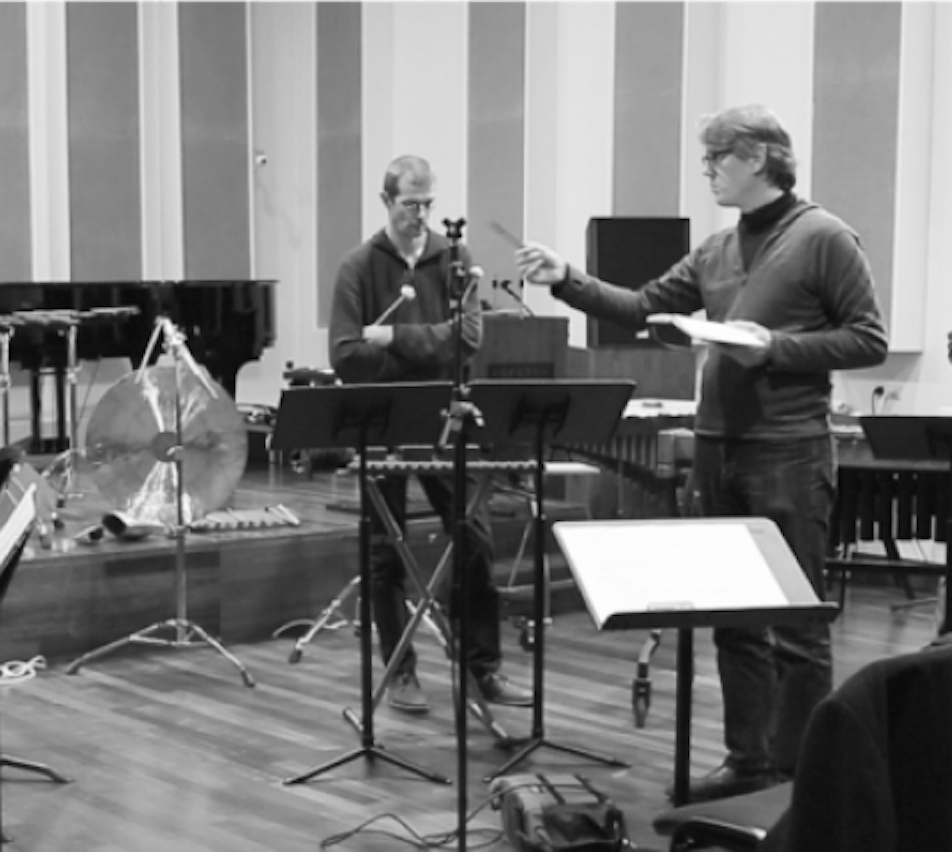

Arne Deforce
| Keywords: | Ferneyhoughs, etudes boreales, Cage, Scelsi, Feldman, Xenakis, life-form, Barrett, cello |
| Duration: | 2003-2012 |
| Period: | 20th century music |
| Musician type: | stringed instrument |
| Host institution: | Leiden University |
| Keywords: | Ferneyhoughs, etudes boreales, Cage, Scelsi, Feldman, Xenakis, life-form, Barrett, cello |
| Duration: | 2003-2012 |
| Period: | 20th century music |
| Musician type: | stringed instrument |
| Host institution: | Leiden University |
The meditations in the thesis examine writing as a possible way of thinking ‘in’ and ‘through’ music. Thinking as a possible way of making music, of becoming music. This is why the texts are not a description, explanation or analysis of the music but want to give shape in words to the forces occurring in the musical production process. Writing as the place in the thinking process where research happens, in the linguistic construction of the brain power subconsciously developing in music during studying and playing. Thinking and playing music as the coherent form of diverging elements which are at work in the music, bringing about an interpretive feedback which directs, changes and shapes the movement of the thinking and the music making. Musicians ‘think’ in the practice of making music in affects and perceptions, in sounds and tones, not in theories and concepts. They become music and while playing they think ‘in’ music and not ‘about’ music. The challenge is to write about this, inside the creative and working process of performance practice itself. Research not as an external reflection but as a productive interaction between that reflection and the thinking and research that occurs while performing music. Thinking about art becomes thinking art.
The aim is to garner ‘musical knowledge’ and ‘inside’ insights in score and performance practice, to tease out new ideas inside the act of actually making music. Insights that prompt creative musicians to think in the space where music becomes prose and poetry, without being prose or poetry, and where music becomes philosophy and psychology without being philosophy or psychology. Not writing as reflection but writing as a creative connection, that is to say bringing about a linking of ideas between music practice, the arts and sciences.
Prof. Frans de Ruiter (1st promotor), Prof. Richard Barrett (1st promotor), Marcel Cobussen (co-promotor)